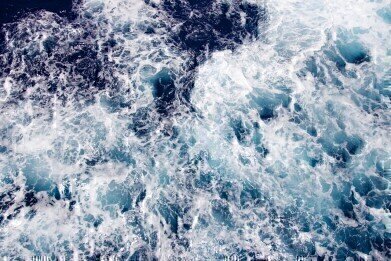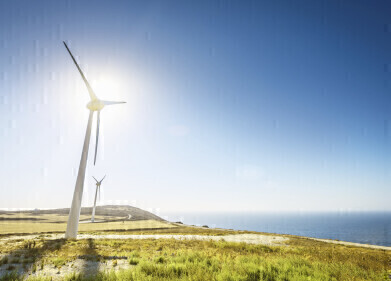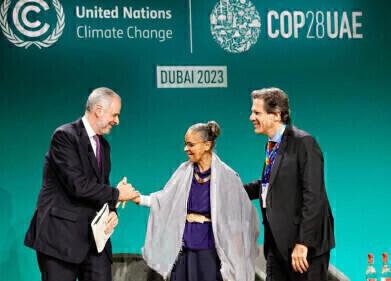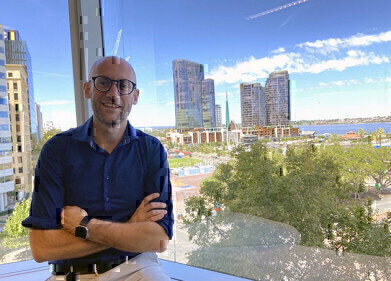Consultancy Services
Saving our Seas – 5 Gyres Institute
Nov 01 2018
We’re all aware of the shocking statistics regarding plastic pollution today. Back in 1950, the world’s 2.5 billion people generated 1.5 million tons of plastic. Fast forward to 2016 and the world’s population is at a staggering 7 billion, producing an eye-watering 320 million tons of plastic.
Is there anything we can do about it? Our 6-part series on ocean pollution looks at 5 of the innovative solutions to clean up our oceans.
We’ve already explored a few of the different ways we can remove the plastic waste from the ocean. Now, we’re going to tackle the root cause of the problem. The abundant use and production of plastic around the world is leading to our oceans being packed with waste. The 5 Gyres Institute wants to combat this…
The 5 Gyres mission
The 5 Gyres Institute is a non-profit organisation, focused on reducing plastic pollution across the globe. Their mission is to inspire action against the plastic pollution crisis. Through science, education and adventure, 5 Gyres aims to create a world free of plastic waste.
A gyre is a large-scale system of wind-driven surface currents in the ocean. The gyres in 5 gyres’ name refers to the 5 main subtropical gyres – the North & South Pacific, the North & South Atlantic, and the Indian Ocean – which are massive, circular current systems.
Plastic and waste gather in these areas and get trapped within the currents, taking up to 10 years to cycle back out. Whilst trapped in these gyres, the plastic can often get eaten by the sea life or sink to the bottom of the seabed.
Ground-breaking work
5 Gyres was the first organisation to research plastic pollution in all 5 main subtropical gyres, determining how much plastic waste is on the surface of the world’s oceans – 270,000 tons and 5.25 trillion pieces.
They were also the first institute to discover that plastic microbeads were polluting waterways and harming marine life. 5 Gyres went on to help forge a coalition that convinced big companies, such as Johnson & Johnson, Loreal & P&G, to phase out products with plastic microbeads. 2 years later, the campaign turned into a US-wide movement, when Obama signed the Microbead-Free Waters Act.
Doing your part
Plastic cannot be broken down and isn’t biodegradable, so the even the majority of recycled waste ends up in land fill or is shipped elsewhere because recycling facilities simply can’t keep up.
Instead, 5 Gyres is encouraging people to go plastic free, signing a pledge online, vowing to refuse single-use plastics. Using a reusable water bottle or shopping bag are the little things we can all do to improve our plastic use worldwide.
Our final post in the series will focus on British company Recycling Technologies and their work. Alternatively, take a look at the article, ‘The Challenges of Flood Control‘, to find out more about another major environmental concerns.
Events
IWA World Water Congress & Exhibition
Aug 11 2024 Toronto, Canada
Aug 25 2024 Stockholm, Sweden and online
Sep 03 2024 Mexico City, Mexico
Sep 03 2024 Mexico City, Mexico
Sep 03 2024 San Diego, CA, USA














